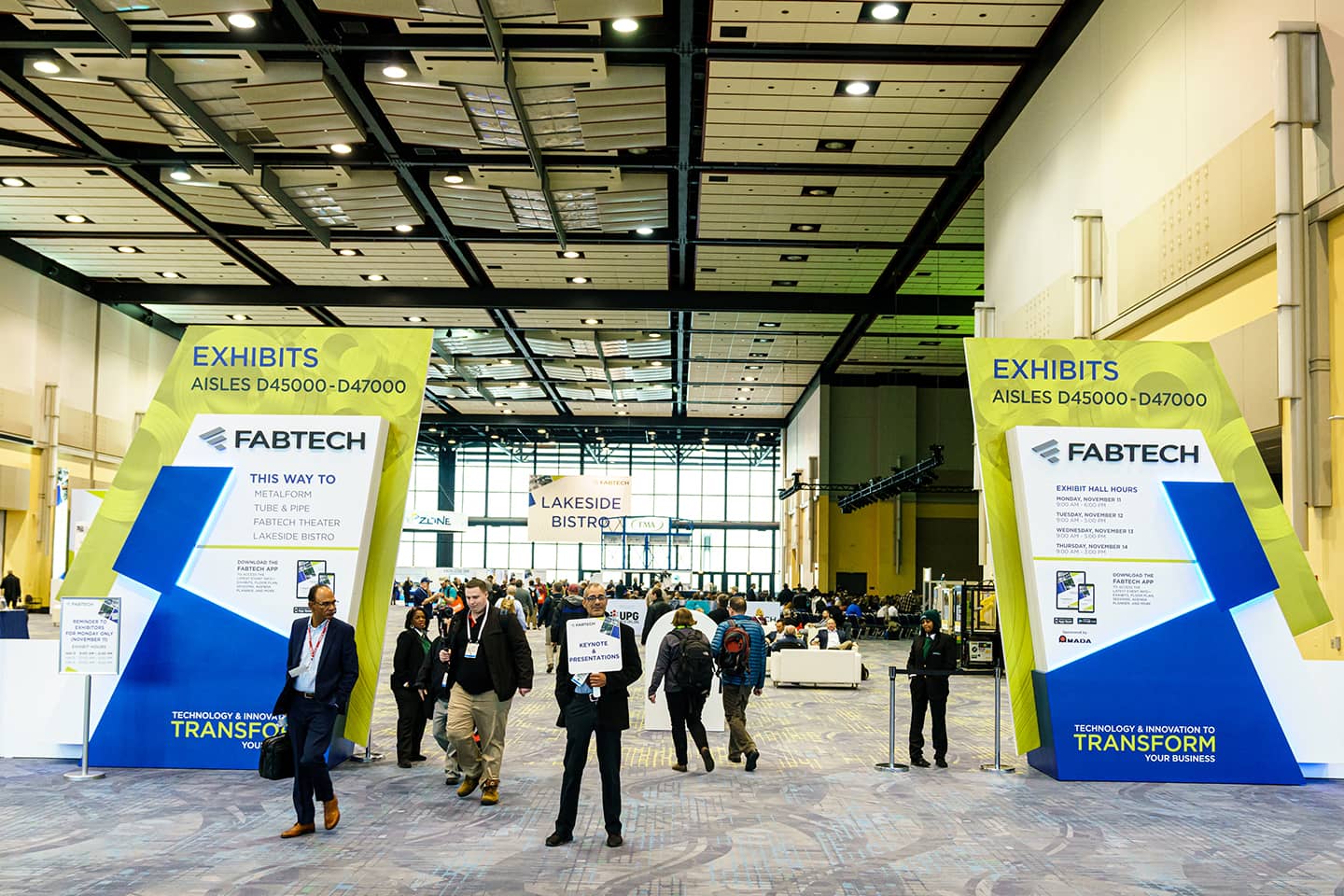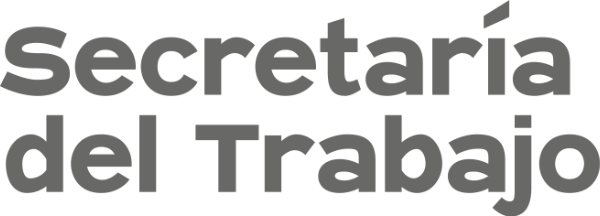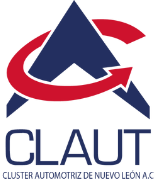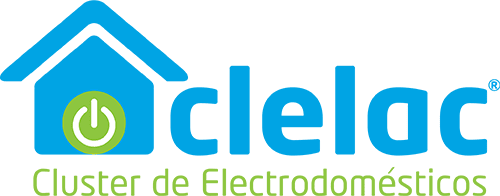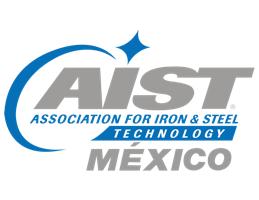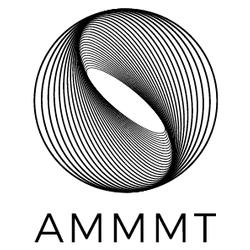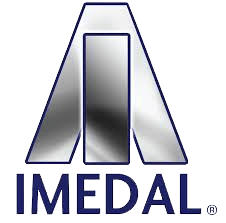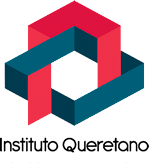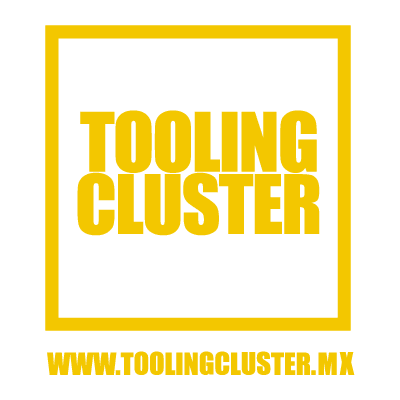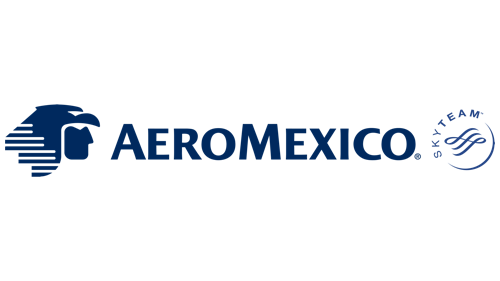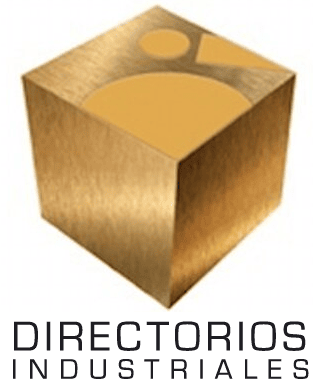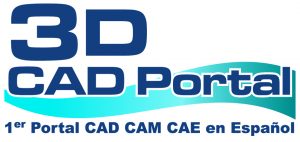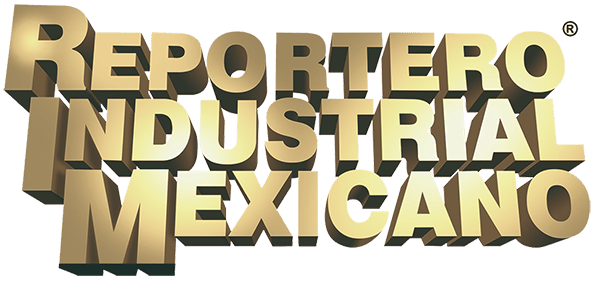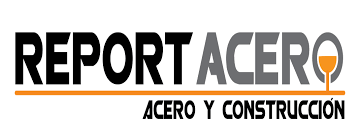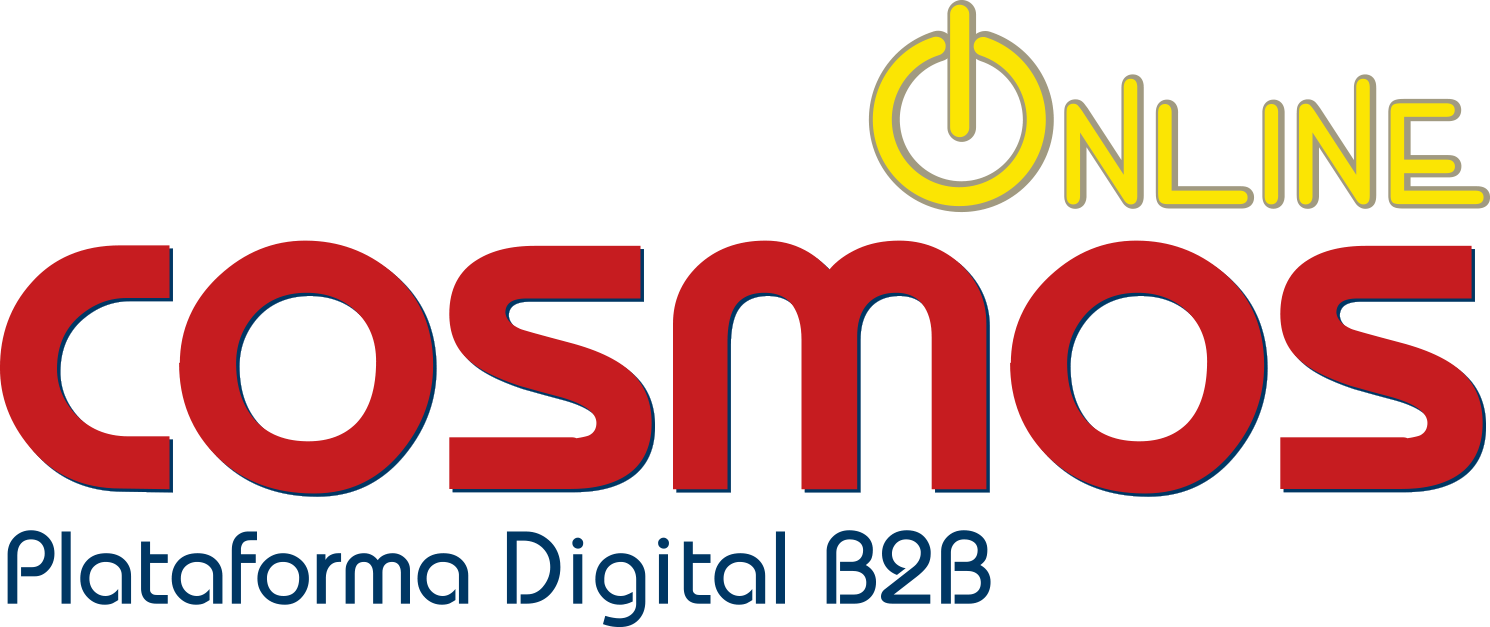- News,
Plastics and metal mechanics are twinned: Cluster de Plásticos Querétaro
Due to the competitive advantage of its geolocation, thanks to the fact that it is part of both the Bajío and the large urban area of Mexico City, Querétaro has become a node from which it is possible to export goods that can be at the border with Texas cities in 48 hours, in addition to having an airport and courier and air cargo centers. But beyond these qualities, it has other qualities that have allowed the region to generate a large amount of auto parts – even without OEM (Original Equipment Manufacturer), and components for the aerospace industry and for the manufacturing branches of household appliances and electronics, food packaging and medical materials and equipment.
For the Clúster de Plásticos Querétaro (CPQ), this environment is conducive to fostering the development of its associates, which are companies specialized in the transformation of plastic polymers. But also, as explained by its president, engineer Arturo Nava Guerrero, “we go hand in hand with tooling and the metal-mechanical sector, not only on the issue of the mold, die or device, which is fundamental, but because there are processes that use metal parts, but also plastic parts that make a piece and end up in an assembly”.
The Cluster, in addition, in its alliance with the Instituto Queretano de Herramentales (IQH), enhances the capabilities of this relationship of mutual convenience and dependence. “Today, products for end users are not necessarily 100% injected or extruded plastic, but go through a welding process, bonding with another material or substrate that can be metal-mechanical,” reiterates engineer Nava, who explains more advantages of this interaction: “It can be a die-cut part, a spring, something that requires a new functionality, so we are very twinned especially in products for the appliance and automotive sectors, which combine both materials.”
The union of the Cluster with the IQH is fundamental because, as Nava explains, “there is no molded or injected part that does not have a mold or tooling, and that is where we join forces: if we want to deliver a product to the customer we need an injector, an ejector, a mold, a die, we are working to provide the service, and our strength in having the IQH nearby is that it helps us to improve the maintenance of the tooling, the knowledge of the steels, that proximity allows us as an industry to evolve and have more and more support and professionalization.”
Global opportunity for local industries
The rivalry between the two commercial superpowers, the United States and China, is well known, which opens up favorable territory for Mexican companies of different sizes due to the North American free trade agreement, the T-MEC. This represents a great incentive especially for those companies capable of being included in the productive chains of different sectors. “Last year, requests for quotations arrived and this year they will continue to do so, there is a tendency to bring back that manufacturing that even the USA and Canada lost to China. And fortunately the first candidate to replace Chinese products is Mexico,” reiterated Nava.
This is not only because of the nearshore factor, i.e. the proximity of suppliers, but also due to the crises that the pandemic and natural disasters in Asia have caused in global trade logistics. “Companies that serve the U.S. consumer market are considering suppliers located in Mexico in their strategic plans, but not only that, Asian companies want to have a footprint in our country, there are already several of them that have approached us precisely to move their operations here. It is a reality and there is a lot of work ahead, a great economic development that we have to take advantage of,” says categorically the president of the Cluster de Plásticos Querétaro.
During their presence at FABTECH Mexico, the CPQ will not only highlight the issue of the circular economy so that waste is considered an added source of resources, but will also emphasize their role as promoters of innovation through entrepreneurship for the reuse of materials and the necessary dual education to provide human talent (especially at the operator level) to the plants and factories in the industrial center of Querétaro and its surrounding regions.







